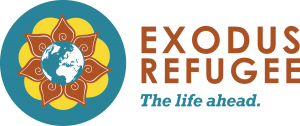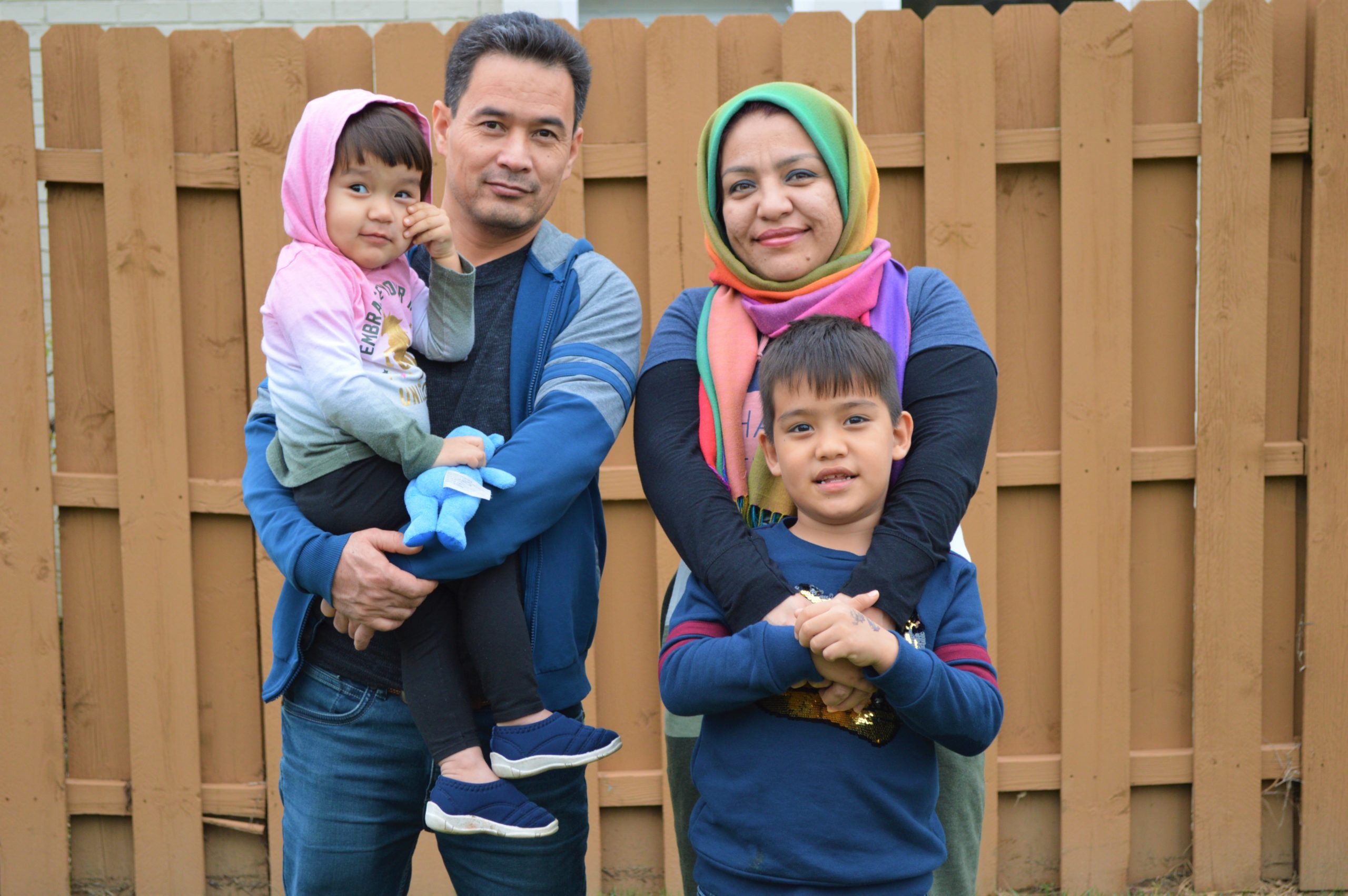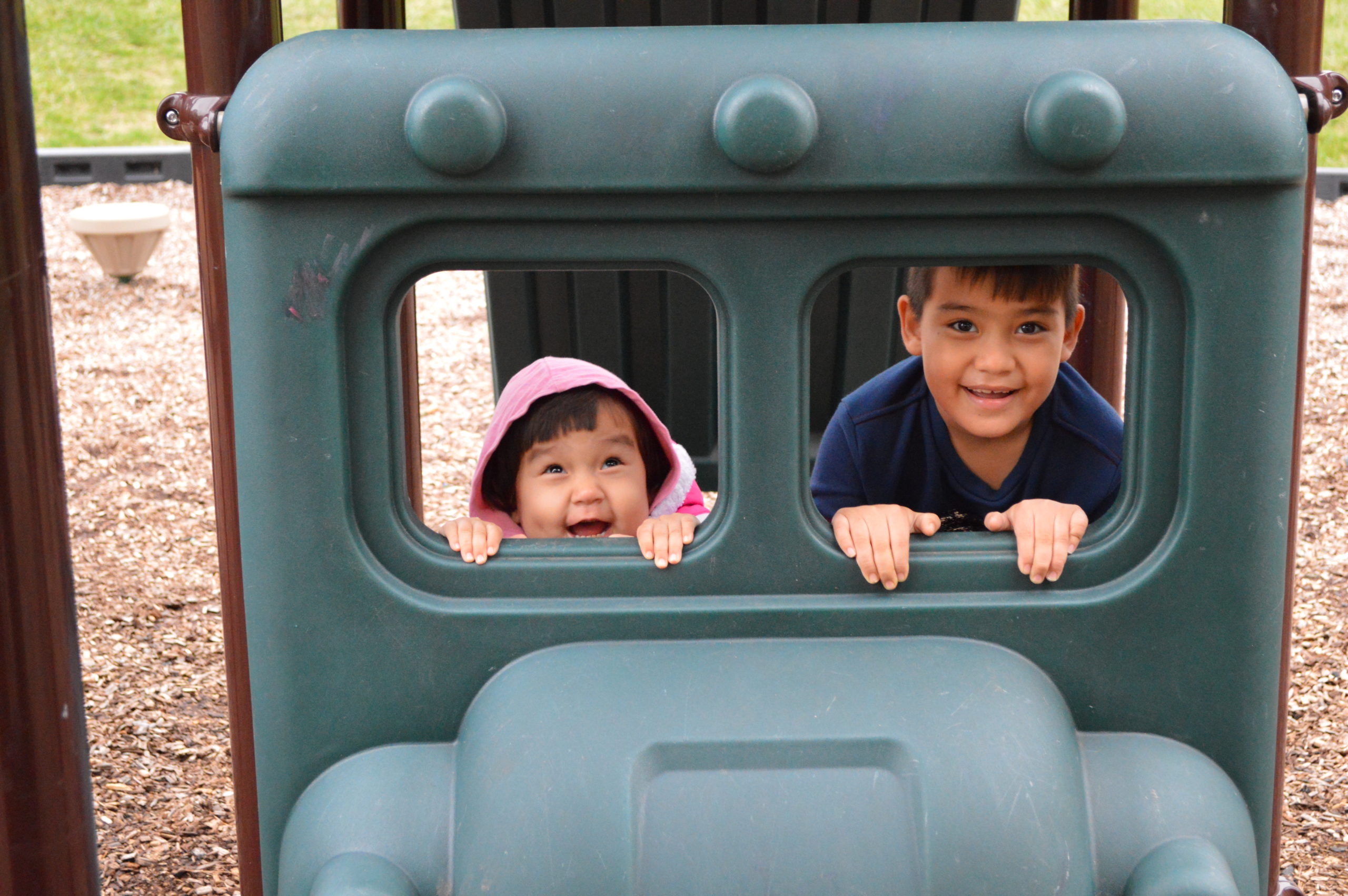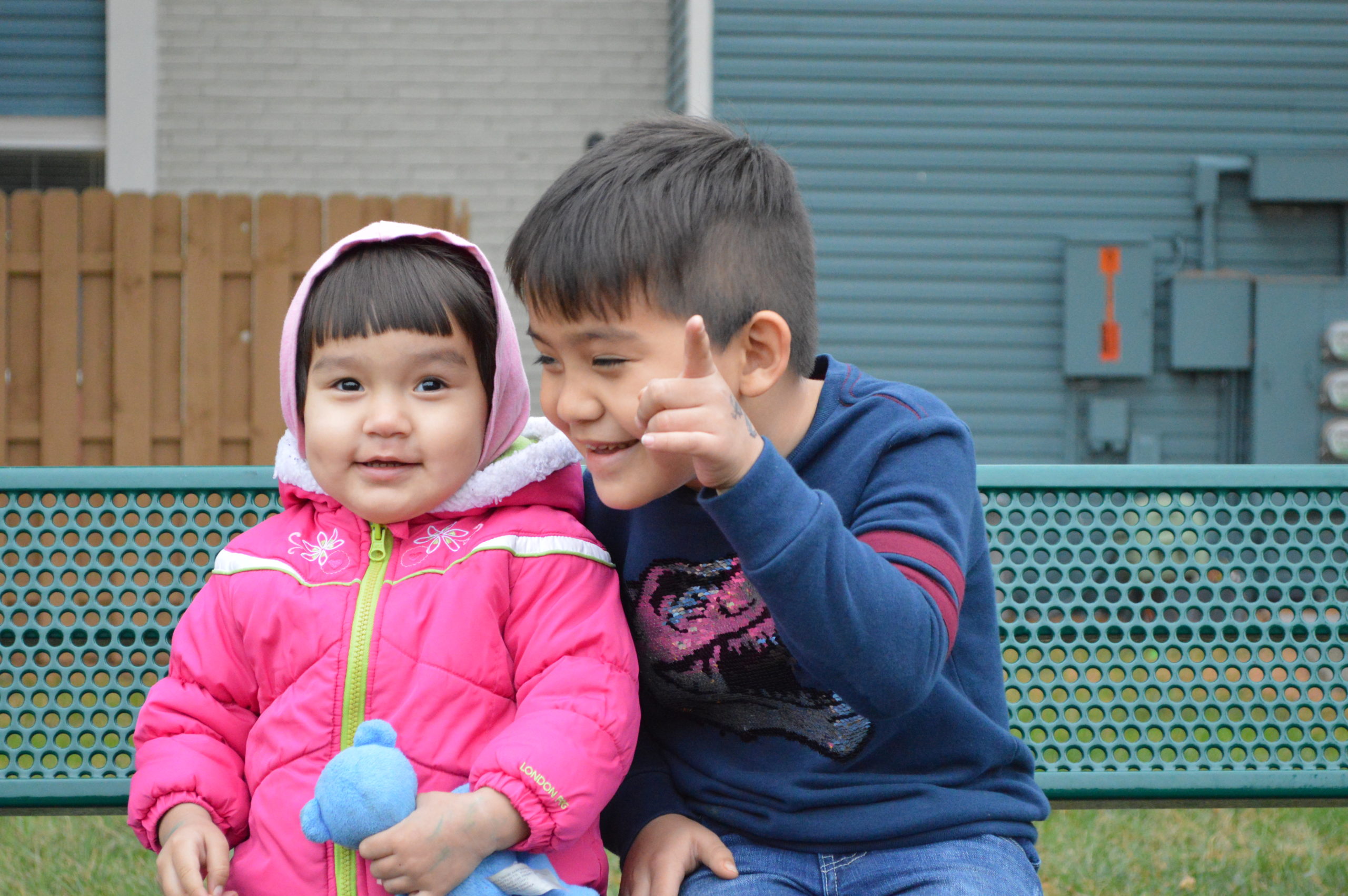Esmael’s Story
When Esmael Borhani arrived in the United States in February 2020 with his wife, Anisa, and their two young children, they were unprepared for the frigid temperatures and heavy snow that greeted them. They owned only lightweight clothing after nearly five years spent as refugees in Sri Lanka, waiting to be resettled after fleeing war and violence in Afghanistan. “Year after year, they were against us,” Esmael said of the threat of violence his family faced in their home country.
The Borhani family had applied to the United Nations High Commissioner for Refugees (UNHCR) for resettlement, but they had no idea what country they would be referred to. When asked by the UNHCR if they knew anyone in the United States, they remembered they had a friend who lived in Indianapolis. One more friend than in any other city in America. It was decided that is where they would live.
At the time, almost no one in the US was reported to have COVID, and so Esmael and his family traveled to Indianapolis and were welcomed at the airport by an Exodus staff member, a Dari interpreter and Esmael’s friend from Afghanistan. Exodus helped the Borhani family begin to adjust to their new city. After their arrival, Exodus found an apartment for the family and they set it up with furniture and household items. During that time, Exodus also paid their rent for the first four months as Esmael looked for work and the family received warm clothing to withstand the Indiana winter. Although they were met with many surprises during those months, Esmael said that the greatest surprise of all was the freezing weather.
They were able to get their five-year-old son, Mohammad, registered for school and he began attending kindergarten three days a week. Those early days were long for Esmael and his family, filled with doctor visits, trainings, and other important appointments. As they were finally starting to get more settled in their home, the global health crisis erupted and everything shut down.
They want their children to be people who “help society, since society helped them so much.” Most of all, Esmael and his family are excited to continue to grow in self-sufficiency and independence and to give back to their new community.
Circumstances that would already be challenging for a refugee family attempting to navigate a new culture and language became increasingly more difficult. As many businesses closed their doors and furloughed large portions of their employees, Esmael struggled to find work. In-person classes at school were suspended and Mohammad had trouble adjusting to an e-learning environment. Up until that point, he enjoyed attending school and was attentive to his teachers. But when his classes transitioned to being online, Mohammad refused to do his homework. He missed being with the other children, Esmael said.
During that time, Exodus was able to offer the Borhani family ongoing support and to pay their rent until Esmael was able to secure a job working in an Amazon warehouse. In Sri Lanka, there was no work for him, he said. He is simply grateful to have a job now.
Over and over, Esmael and Anisa reiterate their gratitude, especially in light of the added barriers created by the pandemic. “We are very thankful to Exodus Refugee, to all the staff. We really appreciate them. Their kindness. They helped us a lot. We will never forget them,” said Esmael.
Despite the extraordinary and isolating events surrounding their arrival, the Borhani family is very happy to be here in the US. For the future, Esmael is hopeful that he will be able to find a higher-paying job to support his family and
they dream of one day owning their own home. Both parents hope their children will grow up, attend university, and receive doctorates. “In any field,” Anisa added. They want their children to be people who “help society, since society helped them so much.” Most of all, Esmael and his family are excited to continue to grow in self-sufficiency and independence and to give back to their new community.




